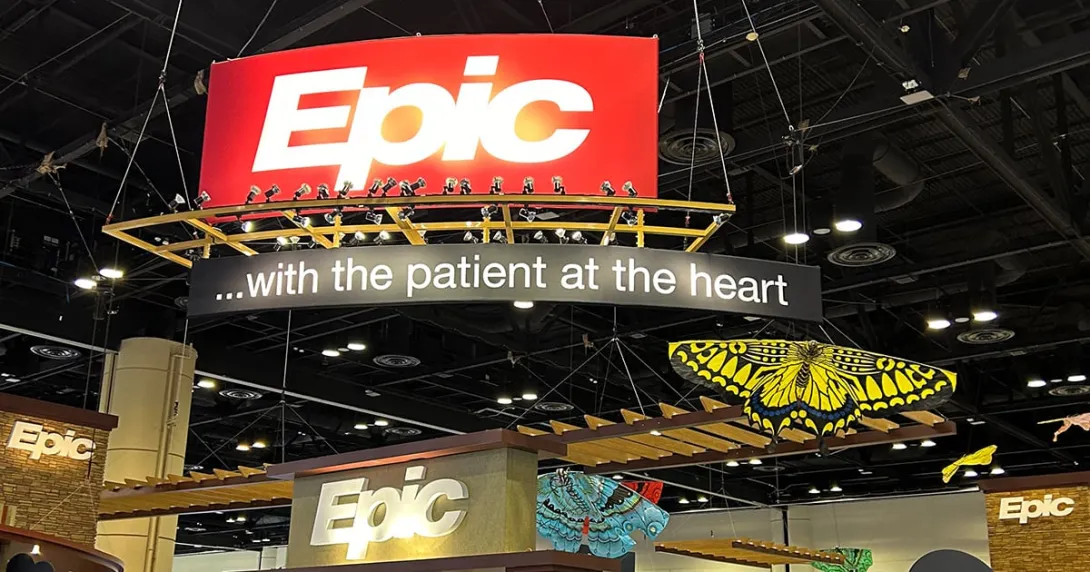The University of Miami Jackson Memorial Hospital (UM-JMH) Center for Patient Safety has deployed a hand washing compliance program with the use of real-time locating solutions.
The RTLS technology will be supplied by two Michigan-based providers: Dynamic Computer Corp., and Versus Technology. The hand hygiene compliance pilot will employ the use of infared-radio frequency technology that will be implemented as a standalone system, or as an integrated part of a network wide RTLS system.
“Americans don’t expect to get additional infections when they go into the hospital," Health and Human Services Secretary Kathleen Sebelius, said earlier this month. "Stopping health care associated infections and improving the quality of care is one of our top priorities."
With the implementation of the RTLS technology the University of Miami looks to reduce the percentage of bacteria-related infection that patients and physicians contract from not washing with bacteria-killing soap.
The solution uses small IR-RF sensors in the medical center’s soap dispensers that identify staff ID badges as well as monitor when and where physicians and other staff wash their hands. Medical center employees then hear a confirmation sound after the sensors successfully captures the identity of the person and the time and location of the hand-washing event.
“Nothing matters more than the safety of our patients. That’s why we are working with Versus and DCC to create an exciting, technologically-advanced system to decrease healthcare-associated infections,” said David J. Birnbach, MD, director, UM-JMH Center for Patient Safety.
According to officials from the Centers for Disease Control and Prevention, HAIs have accounted for nearly 1.7 million infections and 99,000 deaths per year. The CDC says most of these deaths are preventable through proper hygiene compliance.
The medical center expects to further prevent healthcare-associated infections by employing evidence-based practices that promote safety and action accountability. Staff members are alerted when they forget to comply with the hygiene initiative, which the facility predicts will lower the rate of adverse events. With the RTLS solution, hospitals can actively track hand-washing compliance and then retrospectively analyze problem areas and add additional training if necessary.
“This is a reliable and affordable solution with compound benefits for hospitals seeking to improve patient care and processes while greatly reducing costs,” said Farida Ali, DCC president and CEO. “This is just one example of how innovative technologies are transforming the way we deliver care.”


